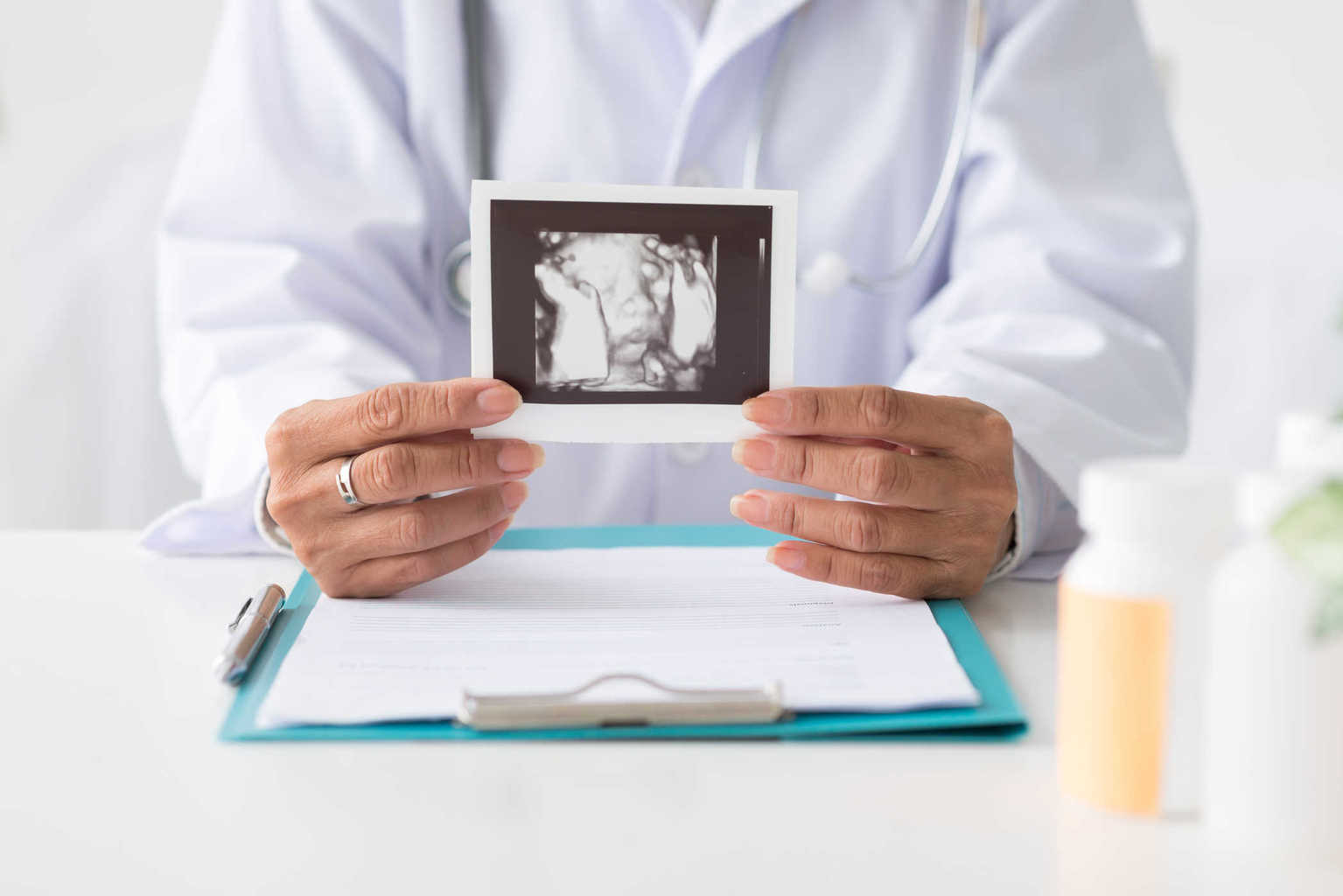Contents:
- Medical Video: What Actually Happens To Your Body When You Donate Your Organs?
- How is the liver transplant process done?
- Heart donor requirements that must be met
- Possible side effects after making a liver donor
- Which must be considered before deciding on a donor liver
Medical Video: What Actually Happens To Your Body When You Donate Your Organs?
For those who have chronic liver disease and are not successfully cured with a variety of treatments, liver transplantation can be the best choice for replacing a damaged liver with a healthy liver from donors' donations. Liver transplantation can be obtained from people who have died or lived. Unfortunately, it is not easy to obtain liver donors in Indonesia, let alone those that are truly appropriate. That's why finding suitable donors generally takes a long time. So, what are the donor heart requirements that must be fulfilled by prospective donors before a liver transplant?
How is the liver transplant process done?
Liver transplantation can be done by transplanting a portion of liver tissue from living and dead donors (usually from victims of accidents or head injuries that experience brain death, but the heart still beats) to the recipient's body in need.
Some of the grafted liver tissue, and the remaining part of the pedonor's body can still grow back into a normal heart. Because the heart has the ability to regenerate themselves even though it is slower than other body cells.
Heart donor requirements that must be met
Someone who wants to donate their heart must do some checks and be declared healthy, that is, they have no contagious disease, a disease that can be life threatening and has a healthy body and soul. Generally living donors come from siblings, spouses or friends. If you intend to donate, there are a number of liver donor requirements that you must fulfill, namely:
- Intend to donate with his own decision without any coercion from anyone
- 19 to 55 years old
- Have psychological stability
- Have excellent health conditions
- Has no history of serious illnesses such as cancer, HIV, diabetes, kidney disease, or heart disease.
- Has a body size equal to or greater than the recipient of the donor
- Has the same blood type and tissue type
- Don't smoke and consume alcohol in a certain amount of time
Most importantly, tell the medical team about your medical history before doing a donor liver, so that the medical team can determine whether you can be a donor candidate or not.
Possible side effects after making a liver donor
Usually there are no significant health problems after donating to the liver. However, as well as side effects after a major surgery in general, some of the side effects that might arise include:
- Bleeding
- Infection
- Allergic reactions
- Damage to organs or tissues near the organ that has an incision
- Blood clotting
Even though you will be sedated during the operation, you may still feel pain while in the recovery process. That is why, you need time to really recover after doing a liver transplant surgery.
Which must be considered before deciding on a donor liver
Becoming a liver donor for medical purposes is a legal activity. Those who are not allowed to make purchases or buy and sell donors. So as long as it is on a voluntary basis and there is no commercial element, it is not a problem.
Before deciding on a donor's heart, think carefully about the benefits and risks involved. It is very important for you to get complete information before you make that decision. Don't forget to always consult with the medical team about your procedure, surgery steps, and health in the future after donating organs.
The biggest advantage of being an organ donor is that you can "save" someone's life. And make sure if the decision to become a donor is your own decision. Don't let others influence your decision.












